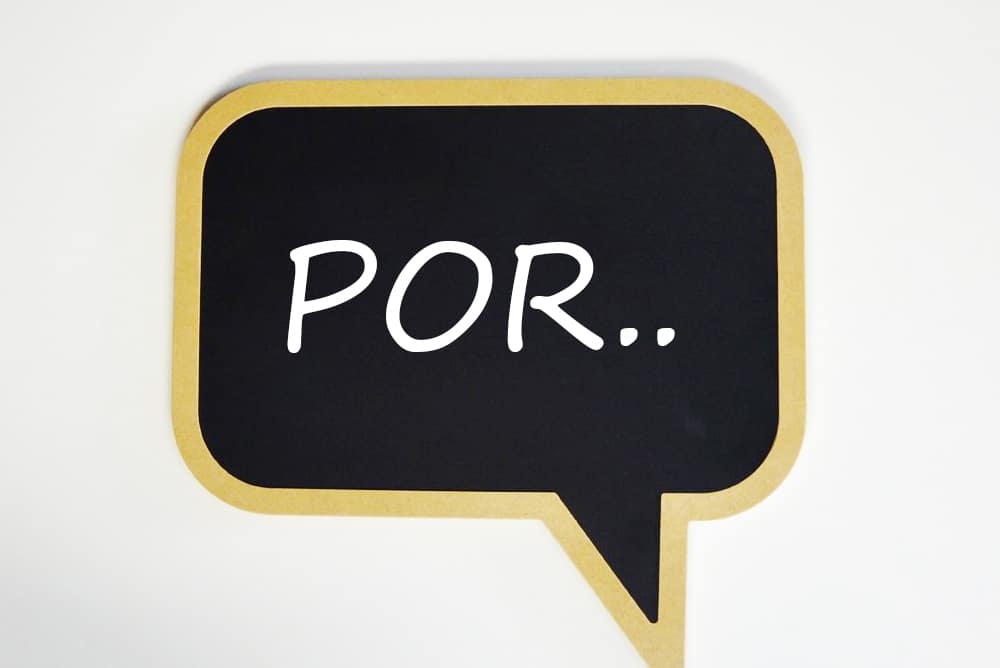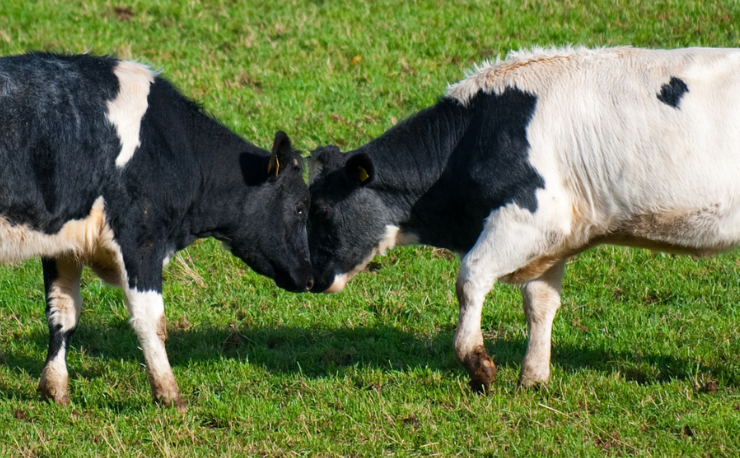Let’s take a look at some of the main uses of the preposition “por”, using examples from the Nuestra Cultura’ s article “Machu Picchu, la ciudad de los incas”.
1. Por + something/someone: It is used to indicate what or who causes a certain mental state or attitude:
- Los científicos están fascinados por sus misterios. Scientists are fascinated by their mysteries.
2. Por + cause: It indicates the cause or reason of something:
- Por estos motivos y muchos más, Machu Picchu es uno de los destinos turísticos más importantes del mundo. For these reasons and more, Machu Picchu is one of the most important tourist destinations in the world.
3. Por + date: It marks the approximate time of an event:
- Pachacútec, el primer emperador inca, lideró a su gente por el año 1450. Pachacútec, the first Inca Emperor, lead his people around the year 1450.
4. Por + purpose: It indicates the purpose or objective behind an action:
- Ya sea por amor a la historia, o por amor a lo exótico, todo fanático de los viajes debe conocer este increíble lugar. Whether for a love of history or a love for exotic places, any travel enthusiast has to get to know this incredible place.
5. Por + place: It is used to indicate the distance or route through which something or someone passes:
- Las áreas religiosas más importantes están situadas en la cima de la montaña, por donde asoma el Rey Sol. The most important religious areas are located at the summit of the mountain through which the King Sun appears.
6. Por + person: It marks the agent or doer of the action in the passive voice structure:
- Las ruinas de Machu Picchu fueron redescubiertas en 1911 por el arqueólogo Hiram Bingham. The Machu Picchu ruins were rediscovered in 1911 by the archaeologist Hiram Bingham.




